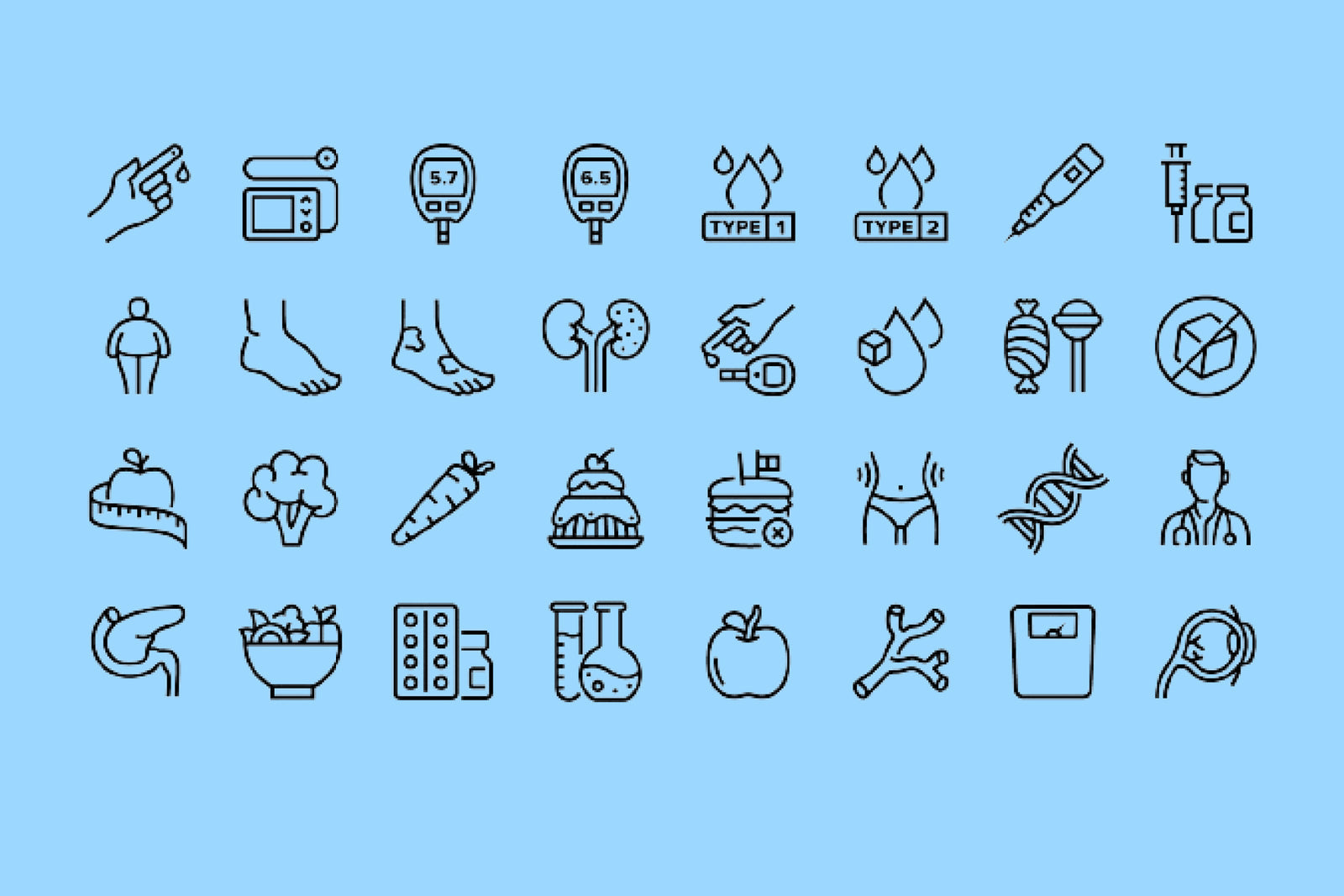How ABCA1 and HDL Cholesterol Affect Heart Health
Cholesterol is a fat-like molecule your body needs to build cells, produce hormones, and help digest fats. It circulates in different forms. LDL is often called "bad" cholesterol because excess LDL can deposit in artery walls. HDL is known as "good" cholesterol because it helps remove excess cholesterol from tissues and the bloodstream.
The ABCA1 gene is a key player in creating HDL. ABCA1 makes a protein that moves cholesterol out of cells and onto particles that become HDL. Variations in ABCA1 can change how well this transport works. When ABCA1 function is reduced, HDL levels may be lower and the body may be less efficient at clearing cholesterol from arteries.
Why this matters
- Lower HDL can mean less removal of excess cholesterol from artery walls.
- Genetic differences in ABCA1 are one factor among many that influence cholesterol levels and heart disease risk.
- Even with genetic differences, lifestyle, diet, and clinical care strongly influence cardiovascular outcomes.
Genetic Interpretations
Two effect alleles (AA) — reduced ABCA1 function
If you have the AA genotype for rs9282541, you carry two copies of the effect allele. This genotype may reduce ABCA1 activity, which can make it harder for your body to transport cholesterol out of cells and form HDL. That may be associated with lower HDL levels and less efficient cholesterol clearance.
Practical considerations
- Focus on a heart-healthy diet that supports HDL and overall cholesterol balance.
- Consider regular monitoring of a full lipid panel to track HDL, LDL, and triglycerides.
- Work with your healthcare provider to interpret lab results in the context of family history and other risk factors.
One effect allele (AG) — intermediate impact
If you have the AG genotype for rs9282541, you carry one copy of the effect allele. This genotype may moderately influence ABCA1 function. You might have a tendency toward lower HDL compared with people with two non-effect alleles, though lifestyle and other genes also matter.
Practical considerations
- Emphasize foods that support healthy cholesterol processing, like soluble fiber and lean proteins.
- Maintain regular physical activity to help raise HDL and lower triglycerides.
- Consider periodic lipid testing and discuss targeted nutrition or therapies with your clinician if levels are outside target ranges.
Zero effect alleles (GG) — typical ABCA1 function
If you have the GG genotype for rs9282541, you carry two copies of the non-effect allele. Your ABCA1 function is likely typical, supporting normal HDL formation and efficient cholesterol transport out of cells. This genotype is associated with standard HDL processing and does not suggest an inherited reduction in ABCA1 activity.
Practical considerations
- Continue general heart-healthy habits to preserve normal cholesterol balance.
- Routine lipid screening remains important since environment and other genes influence risk.
- Use lifestyle and clinical care to prevent age-related or acquired changes in lipids.
Diet Recommendations to Support Healthy Cholesterol
Diet can influence HDL, LDL, and overall cardiovascular risk regardless of genotype. Consider these practical, evidence-based approaches you can discuss with your healthcare provider.
- Increase soluble fiber: oats, beans, lentils, apples, and vegetables help reduce LDL and support healthy cholesterol balance.
- Choose healthy proteins: include soy-based foods like tofu, tempeh, and edamame. Soy protein can be part of a heart-friendly plan.
- Limit saturated and trans fats: choose lean cuts of meat, cook with healthier oils, and reduce processed foods and packaged baked goods.
- Include healthy fats: omega-3 rich foods such as fatty fish, walnuts, and flaxseed support cardiovascular health.
- Prefer whole grains and minimize refined carbohydrates and added sugars, which can raise triglycerides and lower HDL.
- Eat a variety of colorful fruits and vegetables for antioxidants and nutrients that support vascular health.
Supplements and Nutrients to Discuss with Your Provider
Supplements may help some people, but they are not a substitute for diet and medical care. Always consult your healthcare provider before starting any supplement, especially if you take medications.
- Omega-3 fatty acids: may lower triglycerides and support heart health.
- Plant sterols and stanols: can help reduce LDL when taken as part of a healthy diet.
- Fiber supplements: soluble fiber powders can support LDL reduction when dietary intake is low.
- Vitamin and mineral balance: ensure adequate levels of key nutrients as advised by a clinician.
Lifestyle Habits That Improve HDL and Heart Health
- Exercise regularly: aerobic activity and resistance training can raise HDL and lower triglycerides.
- Maintain a healthy weight: weight loss when appropriate tends to improve HDL and overall lipid profile.
- Quit smoking: smoking lowers HDL and harms blood vessels.
- Limit excessive alcohol: moderate intake may raise HDL slightly for some people, but excess alcohol raises triglycerides and other risks.
- Manage stress and sleep: chronic stress and poor sleep can negatively affect lipid metabolism and cardiovascular risk.
Clinical Monitoring and Tests to Consider
- Full lipid panel: measures total cholesterol, LDL, HDL, and triglycerides. Repeat testing helps track changes over time.
- High-sensitivity C-reactive protein and other risk markers: may be useful in certain risk assessments.
- Personalized follow up: use results with your clinician to determine whether lifestyle changes are sufficient or if medication is needed.
Putting It All Together
ABCA1 influences how well your body forms HDL and clears cholesterol from cells. Your genotype at rs9282541 provides one piece of information about that process. Whether your genotype suggests reduced, intermediate, or typical ABCA1 activity, lifestyle and clinical care are powerful tools to manage cholesterol and reduce cardiovascular risk.
PlexusDx provides educational information about genetic predispositions only. This content is not medical advice. Always consult your healthcare provider before making changes to your diet, supplements, medications, or lifestyle based on genetic information. Your clinician can integrate genetic results with your medical history, family history, current medications, and lab tests to create a personalized plan.

Share:
TELOMERES | NAF1 (rs7675998)
TELOMERES | NAF1 (rs7675998)